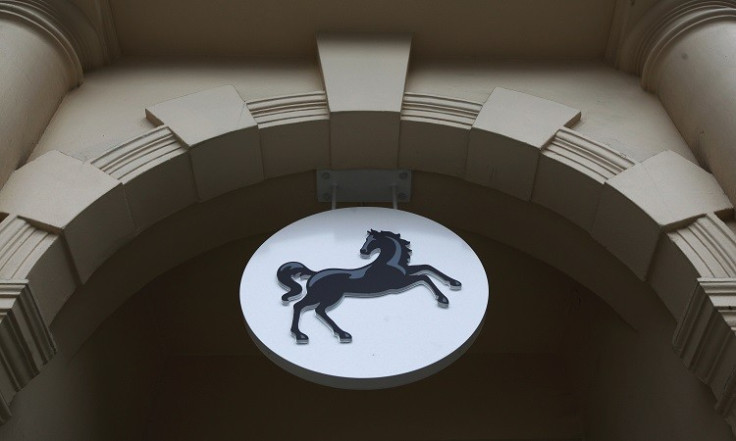Lloyds to Pay £400m Banker Bonus Pot and £2m Compensation to Boss Antonio Horta-Osorio

Lloyds Banking Group has reportedly agreed a deal with its largest investor, UK Financial Investments, to pay around £400m in 2013 bonuses to staff, as well as £2m in extra compensation to chief executive Antonio Horta-Osorio.
Only one week ago, reports surfaced that Horta-Osorio will be offered a bonus of between £1.5m (€1.8m, $2.4m) to £2m, after the bank revealed that it is looking to apply to the regulator in the second half of the year to restart dividend payments.
However, if Horta-Osorio were to refuse the bonus, it would be awarded in shares and deferred for at least five years.
He is entitled to, under his contract,a maximum annual award of 225% of his £1.061m basic salary.
Lloyds is 33% owned by the government and its largest investor is the UKFI. It has to get permission from the government before it can start paying shareholders a dividend. The last time Lloyds paid a dividend was in 2008.
According to media reports, Lloyds will report a near 10% rise from 2012's bonus pot on 13 February when it unveils its full-year results.
Lloyds and UKFI declined to comment.
The news of a rise in bonuses for staff and Horta-Osorio will be difficult to bear for some customers, as the group is still tackling a raft of mis-selling scandals.
Horta-Osorio recently tried to quell concerns over payment protection insurance (PPI) claims after the bank set aside another £1.8bn to compensate customers who were mis-sold the product.
While banks have so far set aside just over £20bn to deal with the most expensive consumer scandal in British history, Lloyds' total PPI bill now stands at £9.8bn – nearly half of the entire industry's compensation pot.
PPI was originally designed to provide loan repayment cover, should the customer fall ill, lose their job or have an accident.
However, millions of customers complained after saying that they never wanted or needed the policy in the first place.
It is also facing millions or billions of pounds in extra redress payments to victims of mis-sold interest rate hedging products.
© Copyright IBTimes 2024. All rights reserved.






